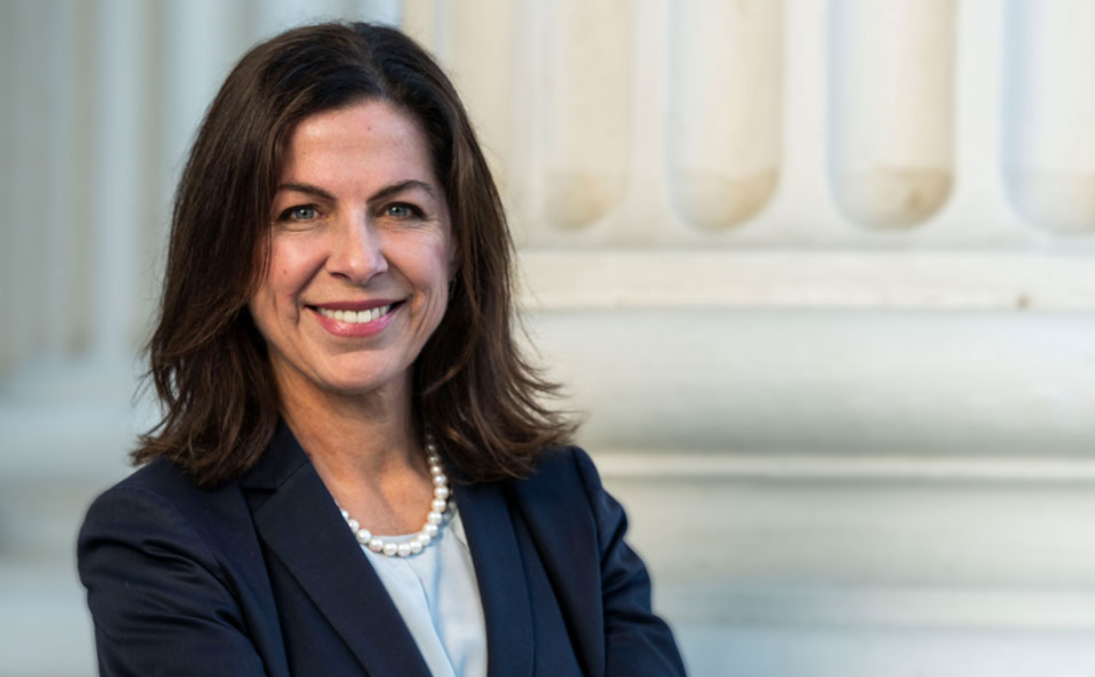Legislation to Halt OpenAI’s For-Profit Transformation Now Targets Aircraft Liens

The Transition of AB-501: From Non-Profit Safeguard to Aircraft Lien Regulation
Background on AB-501
AB-501 was a significant bill introduced in California by Assemblymember Diane Papan aimed at addressing concerns surrounding OpenAI’s shift from its original non-profit model to a for-profit entity. OpenAI, which was established with the mission of developing safe and responsible artificial intelligence, faced increased scrutiny as its successes grew. Critics argued that the organization’s pivot towards profitability signaled a departure from its foundational goals of promoting ethical AI.
The original intent of AB-501 was to prevent startup venture capital nonprofits from converting to any form of for-profit corporation. This included mutual benefit corporations, public benefit corporations, and more. The bill sought to ensure that organizations like OpenAI remain dedicated to their core missions rather than succumbing to financial motives.
Unexpected Changes to the Bill
However, AB-501 has undergone a surprising transformation, shifting its focus entirely to aircraft lien regulations. The initial aim of the legislation has been overshadowed by new provisions addressing the processes and requirements for filing liens on aircraft.
New Focus: Aircraft Liens
According to the revised bill, a lienholder has the right to hold a lien on an aircraft based on prior possession. If these lienholders, who may provide services, materials, or storage, do not receive payment within ten days from the due date, they are permitted to sell the aircraft at a public auction.
Key updates in the revised bill include:
- Notice Requirements: The bill mandates that lienholders must publish auction notices in five prominent public locations within the city if no local newspaper is available, expanding the previous requirement that only specified publication in a local newspaper or three public places was necessary.
Controversy Surrounding the Change
Prominent figures, such as scientist and author Gary Marcus, have raised alarms regarding this abrupt change. According to Marcus, sources indicated that the switch was deliberate rather than a clerical mistake. Furthermore, rumors have surfaced suggesting that there was a conversation between OpenAI’s CEO, Sam Altman, and Assemblymember Papan shortly before the changes were implemented. This has led to heightened speculation about the motives behind the alterations to AB-501 and what influenced the decision-making process.
Reactions to the Bill’s Transformation
The lack of public communication from Papan regarding the shift has left many advocates who originally supported AB-501 feeling disillusioned. These individuals, who were in favor of preserving the non-profit structure for AI development organizations, see this change as a betrayal of their interests.
Key Questions Arising from the Bill’s Revision
The transformation of AB-501 from a protective measure for non-profit initiatives to a technical regulation about aircraft liens raises various important questions:
- What were the exact reasons for the shift in focus?
- Why has there been no official explanation or acknowledgment of these changes?
- What transpired during the conversation between Altman and Papan that could have led to such a drastic overhaul of the bill’s purpose?
The shift in AB-501 not only changes the legislative landscape but also reflects broader concerns around transparency and accountability in governance, especially when it involves significant entities like OpenAI. As discussions continue, the implications of this bill on the future of AI regulation and startup structures in California may unfold further in the coming months.





